Is the 'vibecession' over?
The IMF reported that the global economy is looking increasingly resilient. Is it time to start celebrating?

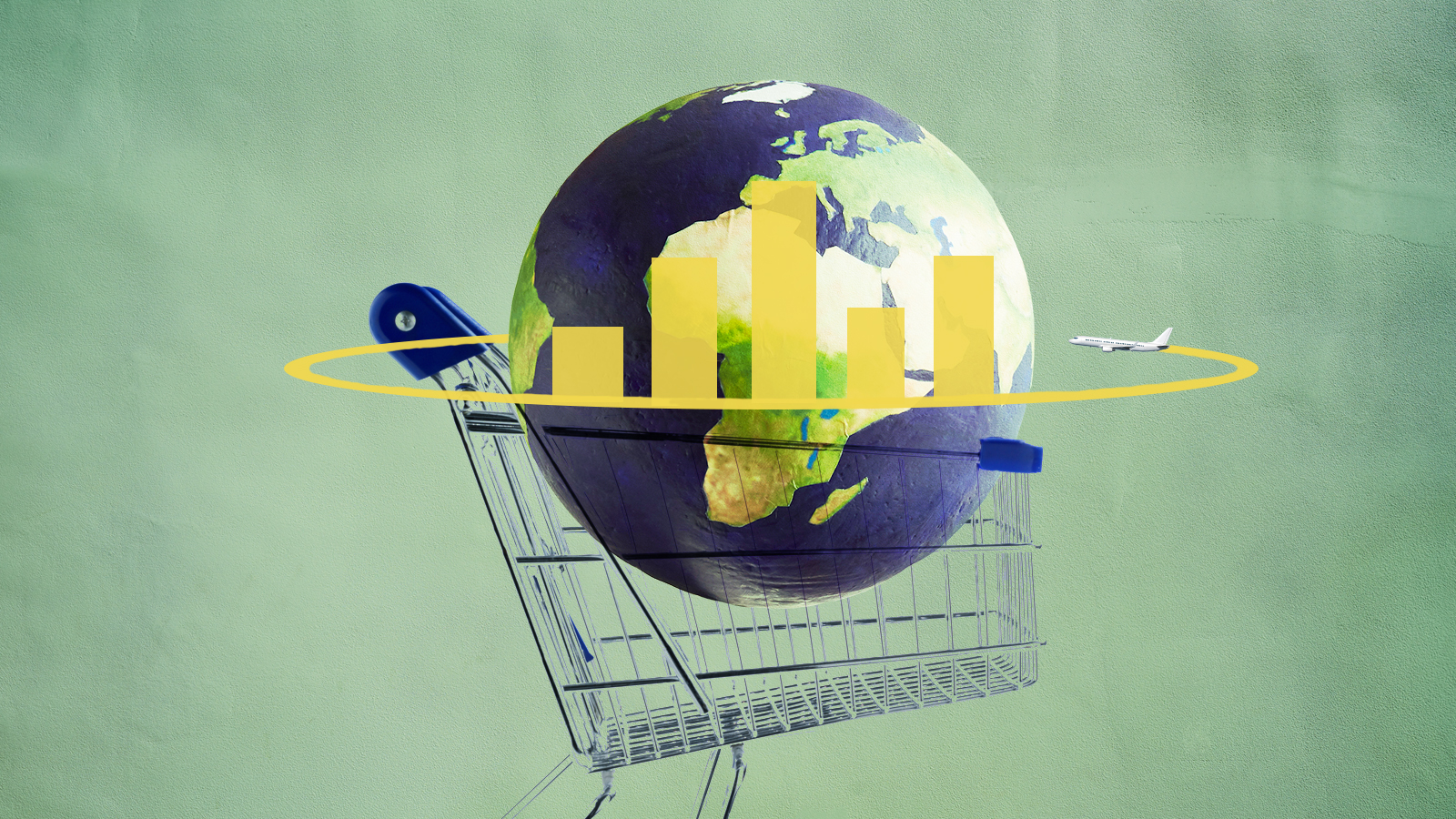
A free daily email with the biggest news stories of the day – and the best features from TheWeek.com
You are now subscribed
Your newsletter sign-up was successful
The International Monetary Fund reported this week that the global economy is looking increasingly resilient, with growth ticking up as inflation edges down. But there are still some problems: Inflation remains alarmingly high in many countries, and an economic slowdown in China, the world's No. 2 economy, could have painful ripple effects. The IMF stated that it expects U.S. economic growth to slow from 2.1% in 2022 to 1.8% this year and 1% next year. That's hardly breakneck growth, but it's not the recession many have been fearing. Is it time to start celebrating the state of the economy?
How good is the economy?
"This is the best economy ever. Really," said Annie Lowery in The Atlantic. The labor market is strong and "not just for rich folks for once." Unemployment is at a 60-year low of 3.6%. "Real wages for the lowest-paid workers are growing faster than they have since the 1960s," thanks to the competition for workers. Rising earnings have lifted median household income to a high that is $6,000 above where it was at the last economic high point in 1999. "American families are more financially secure and wealthier than they ever have been." Four million more people have full-time jobs than before the pandemic. Food insecurity in general is lower than ever. "Things are going great, I swear."
Why aren't people celebrating?
In a word, inflation. It makes it hard to appreciate real-wage gains. And then there's the Federal Reserve's aggressive campaign to raise interest rates, which lifted rates from near zero in March 2022 to between 5% to 5.25% today. (Fed policymakers are widely expected to hike rates another quarter percentage point on Wednesday.) That has driven up mortgage rates, putting new homes out of reach for many would-be buyers. The hikes are necessary to slow the economy and bring down high inflation, but the danger is that the central bank will put the economy into such a skid that it falls into a recession. For months, those fears overshadowed signs that the economy was actually in pretty good shape — a situation social media influencer Kyla Scanlon called a "vibecession."
The Week
Escape your echo chamber. Get the facts behind the news, plus analysis from multiple perspectives.

Sign up for The Week's Free Newsletters
From our morning news briefing to a weekly Good News Newsletter, get the best of The Week delivered directly to your inbox.
From our morning news briefing to a weekly Good News Newsletter, get the best of The Week delivered directly to your inbox.
A "vibecession" is an environment in which the "economic data says things are OK but people aren't," Scanlon said in a tweet. That can cause consumers to cut back on some spending, like travel, which can create a drag on the economy. Remember, Scanlon said in a June 30 newsletter, "Consumer sentiment is *everything* because consumer spending is such an important component of GDP growth." So when consumers are pessimistic, you have a "potentially self-sabotaging environment" in which people are afraid that inflation will keep going up later in the year, so they stop spending today, said Jonathan Levin at Bloomberg. This negative feedback loop created a "risk that a recession would become a self-fulfilling prophecy. Fortunately, fresh data indicates that the "vibecession is over."
Where's the proof?
Consumers are suddenly in a much better mood. The University of Michigan released a preliminary report Friday indicating that consumer confidence jumped in July to its highest level since September 2021, surpassing economists' forecasts in the biggest one-month jump since 2006, Levin noted. That, along with a 17% gain for the S&P 500, the Dow Jones Industrial Average's longest winning streak in six years, and a rebound in housing activity, will make investors happier and more willing to gamble on the economy's strength. Inflation cooled more than expected to a 3% annual rate in June, still above the Fed's 2% target but far below its peak of 9.1% last summer. If the danger before was "willing the economy into recession," Levin said, "the recent surfeit of positive thinking just might help make the elusive 'soft-landing' economy a reality."
Are happy days here again?
Not so fast. "In the hyperpartisan world we live in, Democrats and Republicans seem to perceive vastly different economies," Levin said. "The sentiment spread between Democrats and Republicans just registered its second-largest gap ever in data since 2006." Democrats believe the economy is thriving thanks to "Bidenomics," which the White House describes as an "economic vision centered around three key pillars: making smart public investments in America, empowering and educating workers to grow the middle class, and promoting competition to lower costs and help entrepreneurs and small businesses thrive." Conservatives disagree, with some calling Biden's claim that the economy is looking good "preposterous." The Bureau of Labor Statistics put real average hourly earnings in February 2021 at $11.40, said David Catron in The American Spectator, but "the latest BLS report shows a 3% decline to $11.05." It's obvious to anyone who isn't "slurping the Biden administration's Kool-Aid" that the typical American living in this inflationary economy is still waiting for relief.
Who's right?
It's too early to say. The Fed is in a tough position as it decides what to do with interest rates for the rest of this year, said Howard Schneider at Reuters. "Policymakers face a choice over how much weight to put on recent economic data that has made hoped-for outcomes on inflation and unemployment seem more likely while also posing a risk the economy is too strong to keep prices in line." The new feeling of optimism many people are finally feeling has given financial markets a boost, but that "could counter the central bank's aims" by juicing up the economy and undoing the work the Fed has done to cool it down. The central bank "does not want to be head-faked by the recent deceleration in inflation and declare victory too soon," Diane Swonk, a chief economist at KPMG, wrote on Monday, according to Reuters.
A free daily email with the biggest news stories of the day – and the best features from TheWeek.com
Harold Maass is a contributing editor at The Week. He has been writing for The Week since the 2001 debut of the U.S. print edition and served as editor of TheWeek.com when it launched in 2008. Harold started his career as a newspaper reporter in South Florida and Haiti. He has previously worked for a variety of news outlets, including The Miami Herald, ABC News and Fox News, and for several years wrote a daily roundup of financial news for The Week and Yahoo Finance.
-
 Will increasing tensions with Iran boil over into war?
Will increasing tensions with Iran boil over into war?Today’s Big Question President Donald Trump has recently been threatening the country
-
 Corruption: The spy sheikh and the president
Corruption: The spy sheikh and the presidentFeature Trump is at the center of another scandal
-
 Putin’s shadow war
Putin’s shadow warFeature The Kremlin is waging a campaign of sabotage and subversion against Ukraine’s allies in the West
-
 The U.S. veterinarian shortage crisis
The U.S. veterinarian shortage crisisSpeed Read With an anticipated shortage of 15,000 vets by 2030, it will be harder to get care for pets
-
 Inside Russia's war crimes
Inside Russia's war crimesSpeed Read Occupying forces in Ukraine are accused of horrific atrocities. Can they be held accountable?
-
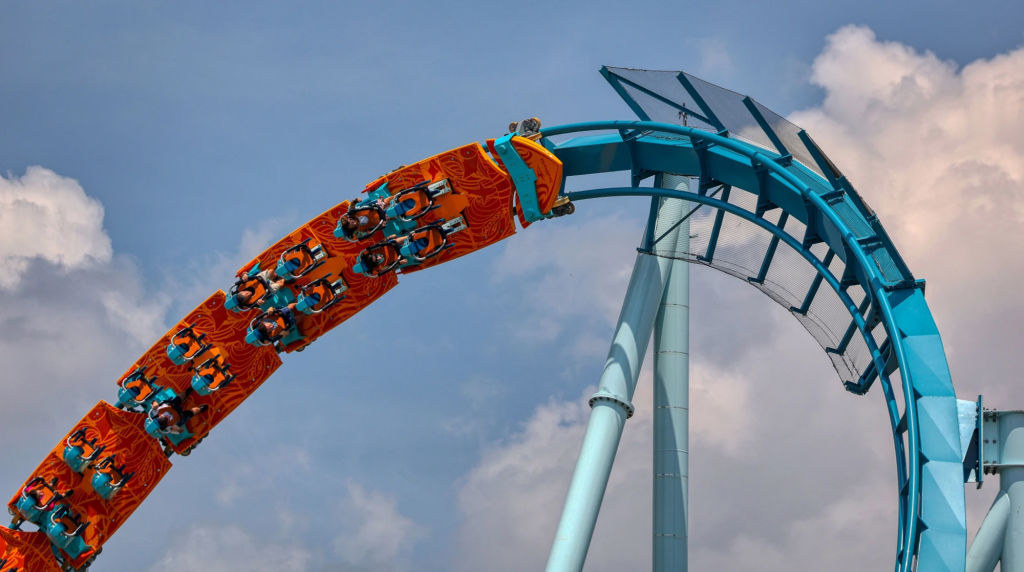 Is it safe to ride a roller coaster?
Is it safe to ride a roller coaster?The Explainer A pair of startling events have shined a light on amusement park safety
-
 World leaders who have been charged or imprisoned
World leaders who have been charged or imprisonedThe Explainer Heads of state being put behind bars is not a rare occurrence
-
 The China-Cuba connection, explained
The China-Cuba connection, explainedSpeed Read Reports of an eavesdropping deal roil Washington
-
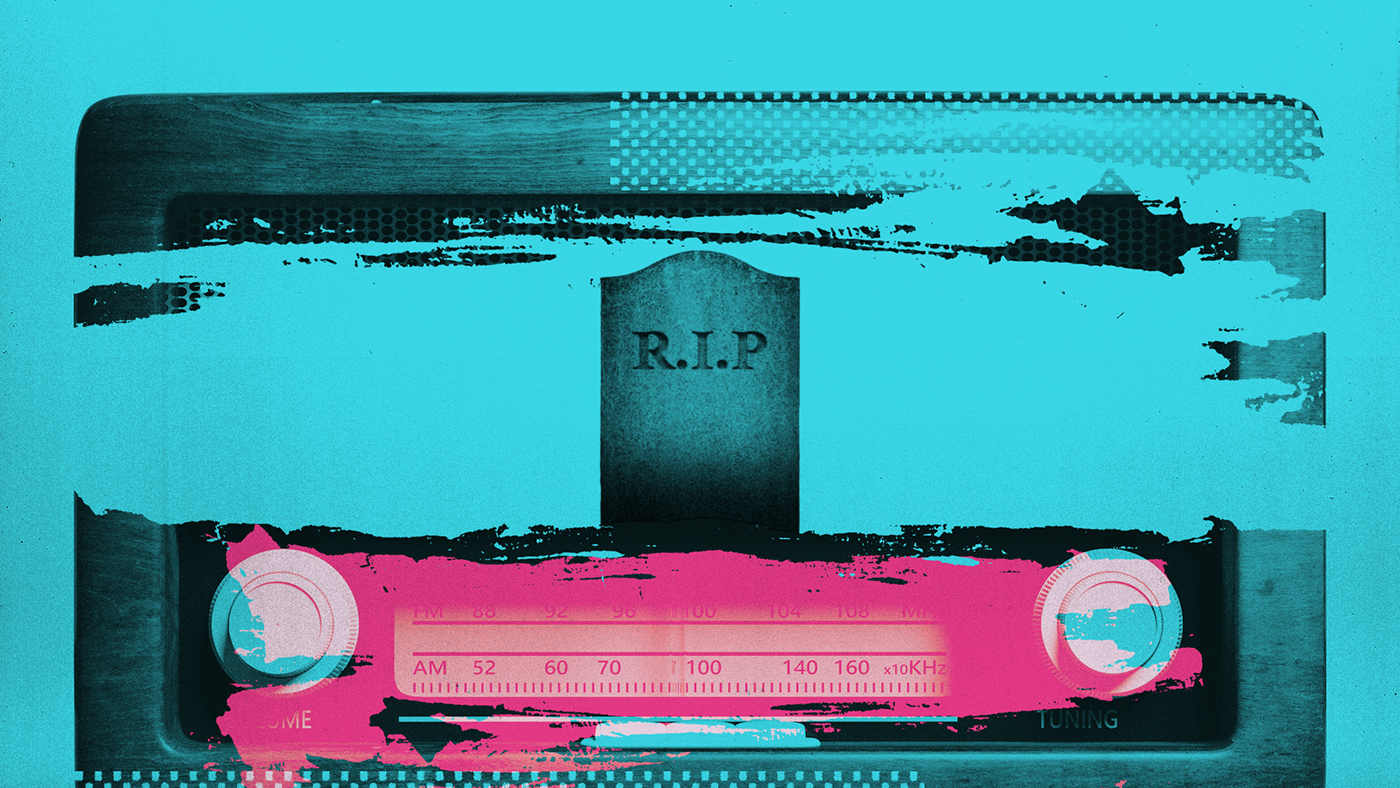 The future of AM radio in the US
The future of AM radio in the USSpeed Read Automakers that have removed AM radios from new electric vehicles are facing pushback from broadcasters and politicians
-
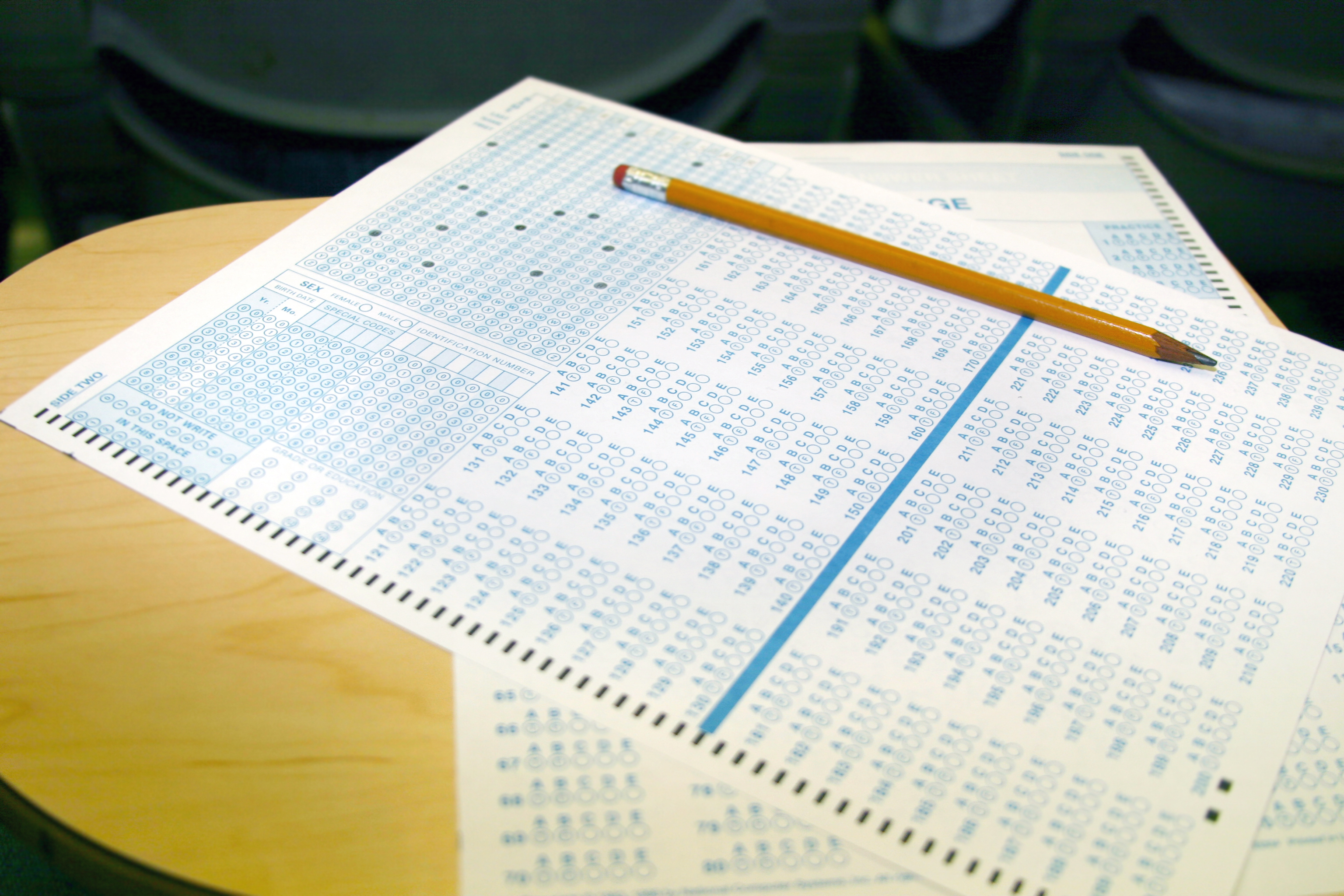 The persistent inequities of Covid-related learning loss
The persistent inequities of Covid-related learning lossSpeed Read The pandemic set a generation of students back in their education. Can they catch up?
-
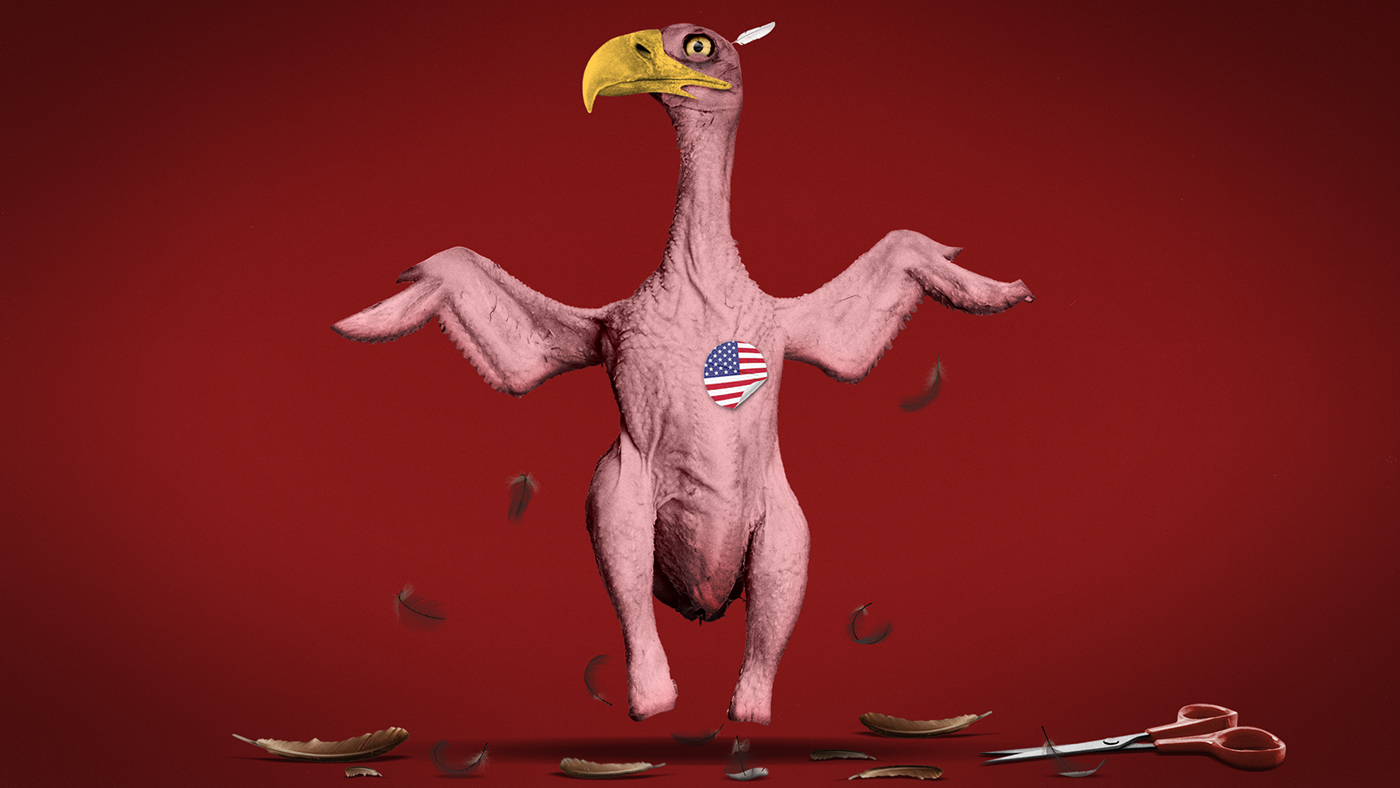 How conservatives have moved to undermine federal authority
How conservatives have moved to undermine federal authorityThe Explainer What has the GOP done to try and make government smaller?
